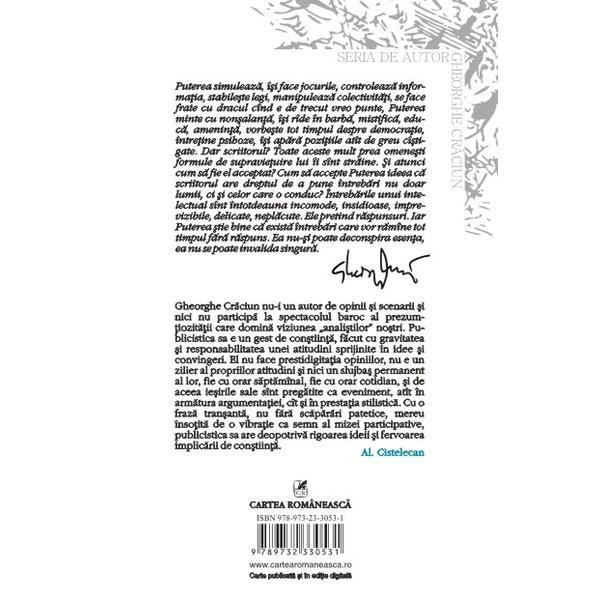


The paper focuses on the impact of the Western 'Sixties' Counterculture on the dystopian representations of community and group identities in Mircea Nedelciuřs fiction, since the Romanian writer frequently uses covert intercultural dialogue as one of his most prominent de-ideologising fictional strategies. This implicit refusal to belong can ultimately be read as an “ethics of reconnaissance”, an anti-totalitarian counter-politics or negative politics of identity led by persons or small groups that thus become a (fictionally) “significant minority”. Having as a theoretical premise the idea that “essential personal identities” do not always synchronise with the essential identity of the group they are supposed to belong to, and that this de-synchronisation can have an ethical opposition at its core, the paper focuses on the way in which Mircea Nedelciu’s typical protagonists – nomads, socially marginal individuals with confusing, “unaccomplished identities” – attempt to (culturally and morally) reconstruct their damaged personal identities by disengaging from their social and spatial appurtenance to the national macrogroup (dominated by the moral values, identity models and cultural stereotypes imposed by Ceauşescu’s regime) and phantasmatically “relocating” their identities in the Western Counterculture of “the Sixties”.


 0 kommentar(er)
0 kommentar(er)
